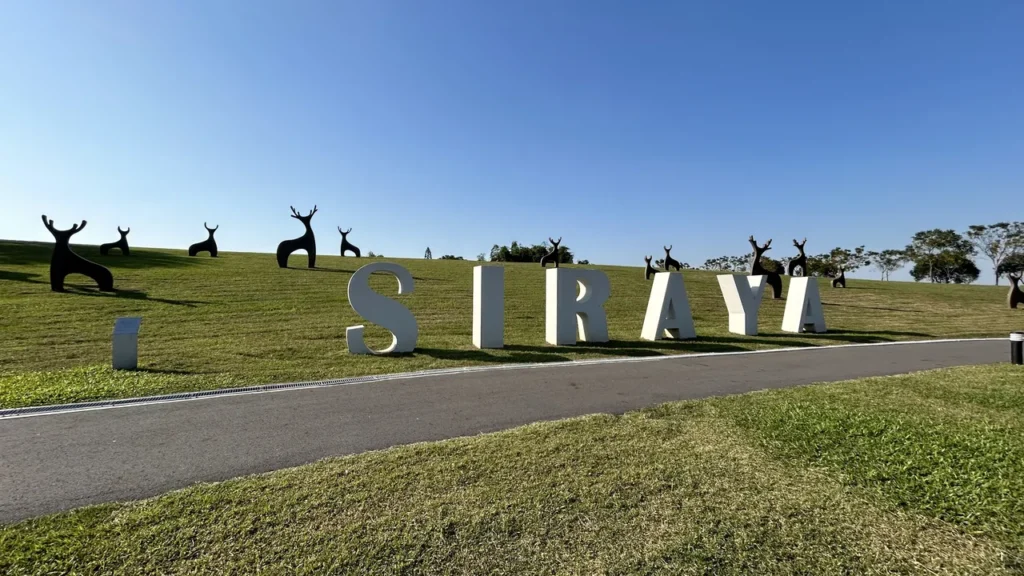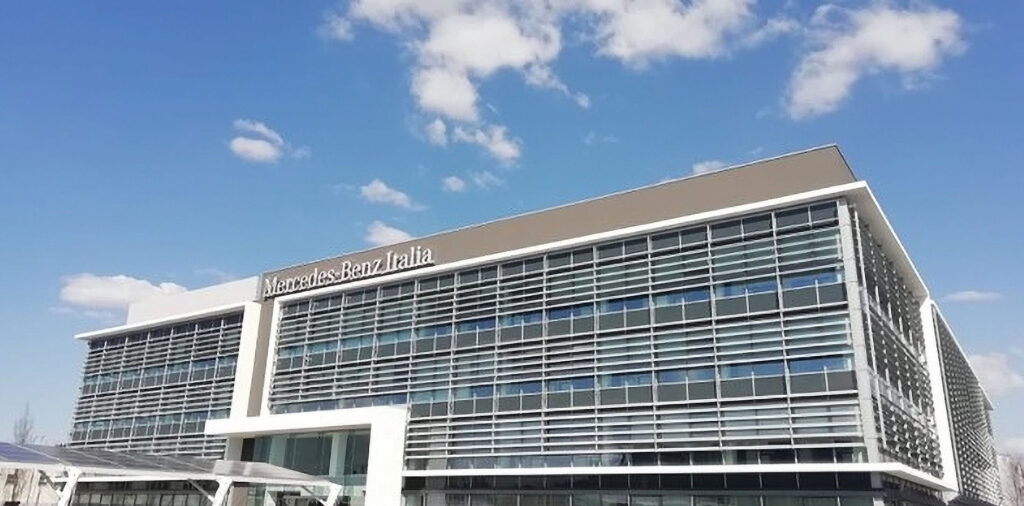
Applications of AI Surveillance in Gas Stations
The practice of LPR & virtual fence
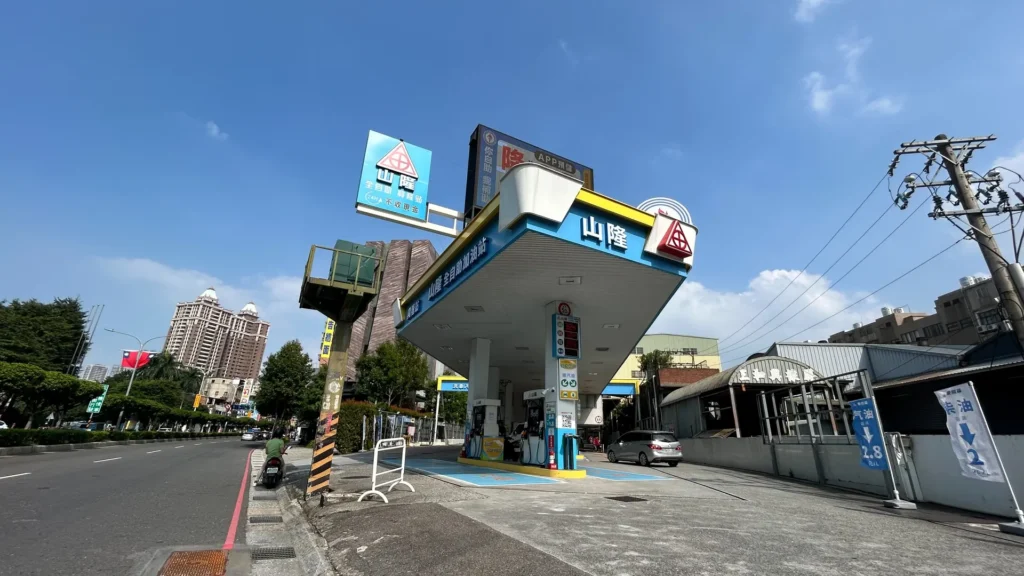
With Taiwan's dense road networks and high vehicle density, gas stations are widely distributed across the island, boasting over 2,500 stations in total. On average, each of the 319 townships would have approximately eight stations, with even greater concentration along major traffic routes.
In efforts to enhance operational efficiency and reduce costs, most gas stations have adopted streamlined staffing models. A common feature is the "self-service pump," where customers refuel independently, often with a discount as an incentive. This self-service approach has become a prevailing trend across Taiwan.
Given the reduced presence of on-site personnel, effectively managing the premises and monitoring operations increasingly relies on advanced surveillance systems. LILIN's AI framework offers a range of practical solutions, including:
- Prolonged Vehicle Presence Detection
To maintain optimal traffic flow, vehicles should vacate the fueling area promptly after refueling. LILIN’s smart monitoring system designates time-sensitive zones and tracks vehicle presence. Should a vehicle remain for too long, an alert is triggered to notify the staff. - Restricted Area Intrusion Detection
Gas stations are inherently high-risk environments, with certain areas restricted to authorized personnel only. Surveillance cameras equipped with intrusion detection capabilities monitor these zones, promptly issuing alerts when unauthorized access occurs. - Traffic Flow Monitoring
Conventional methods of manually counting or tracking traffic at pump stations are inefficient and lack precision. LILIN’s smart cameras automatically record the number of vehicles entering each fueling station, providing accurate, real-time data to aid in operational optimization, policy adjustments, and congestion management.
Furthermore, car wash facilities—commonly found at gas stations—also benefit from these innovations. Comprehensive video recording helps mitigate potential customer disputes, while integrated license plate recognition systems can establish VIP databases, enabling tailored promotions and personalized service experiences.
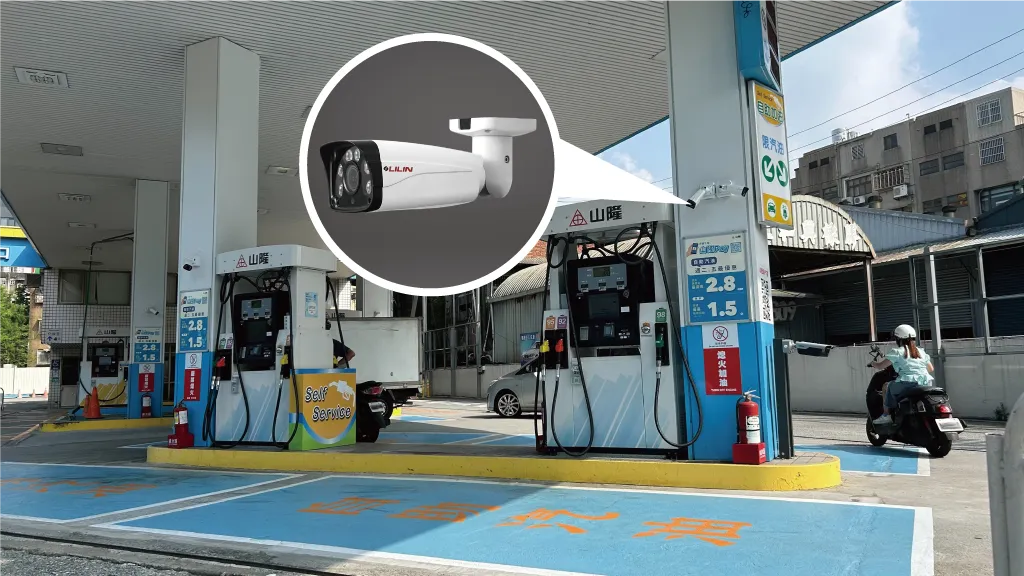
LILIN’s intelligent surveillance solutions significantly streamline these operations. Traditionally, implementing such features required a complex integration of cameras, processing units, and additional hardware/software systems, often leading to increased costs and operational complexity.
利凌一站式解決方案直接經由攝影機來進行影像辨識.再將 AI 數據及實際影像回傳至 Navigator 系統進行管理,如果有後端系統的整合需求,則只需要透過利凌開源於 GitHub 上的 Python 或 C# SDK 即可快速地從攝影機或 Navigator 系統取得元數據、事件記錄或各種影像資料,大幅減少工程人員負擔。
「一條龍的作法才是高效率的商業運營模式,在軟硬體的設置及佈署都達成簡潔俐落,導入跟維護變簡單了,才能降低整合時的學習曲線。」
Steve Hu, CIO of LILIN
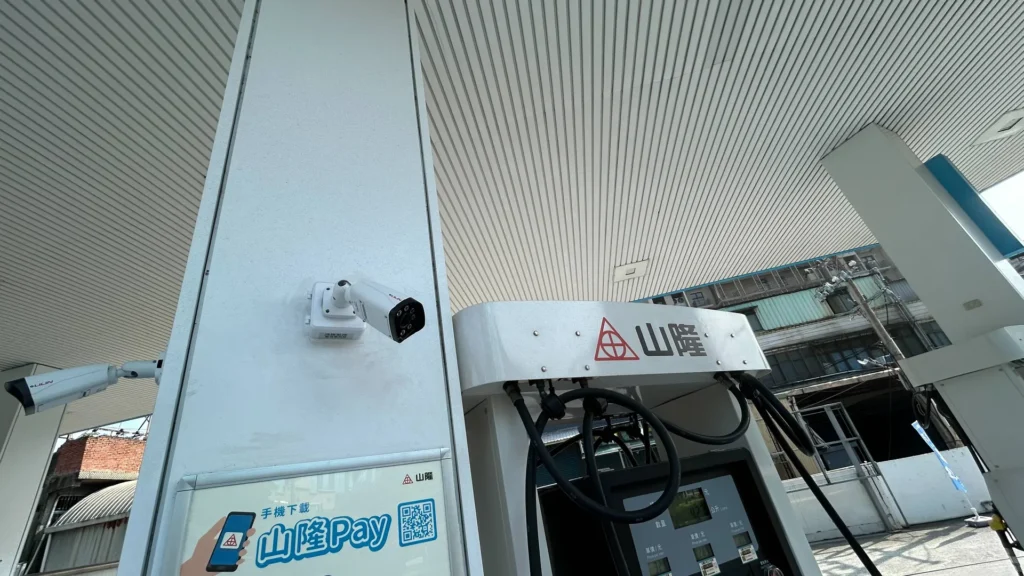
In Taiwan, gas stations, like convenience stores, cannot afford interruptions due to surveillance system maintenance. As such, reliability and stability are paramount when selecting solutions. This is why LILIN’s intelligent surveillance systems have been deployed at key traffic hubs across the country. Next time you stop for fuel, you’ll likely notice them in action—just look up.


